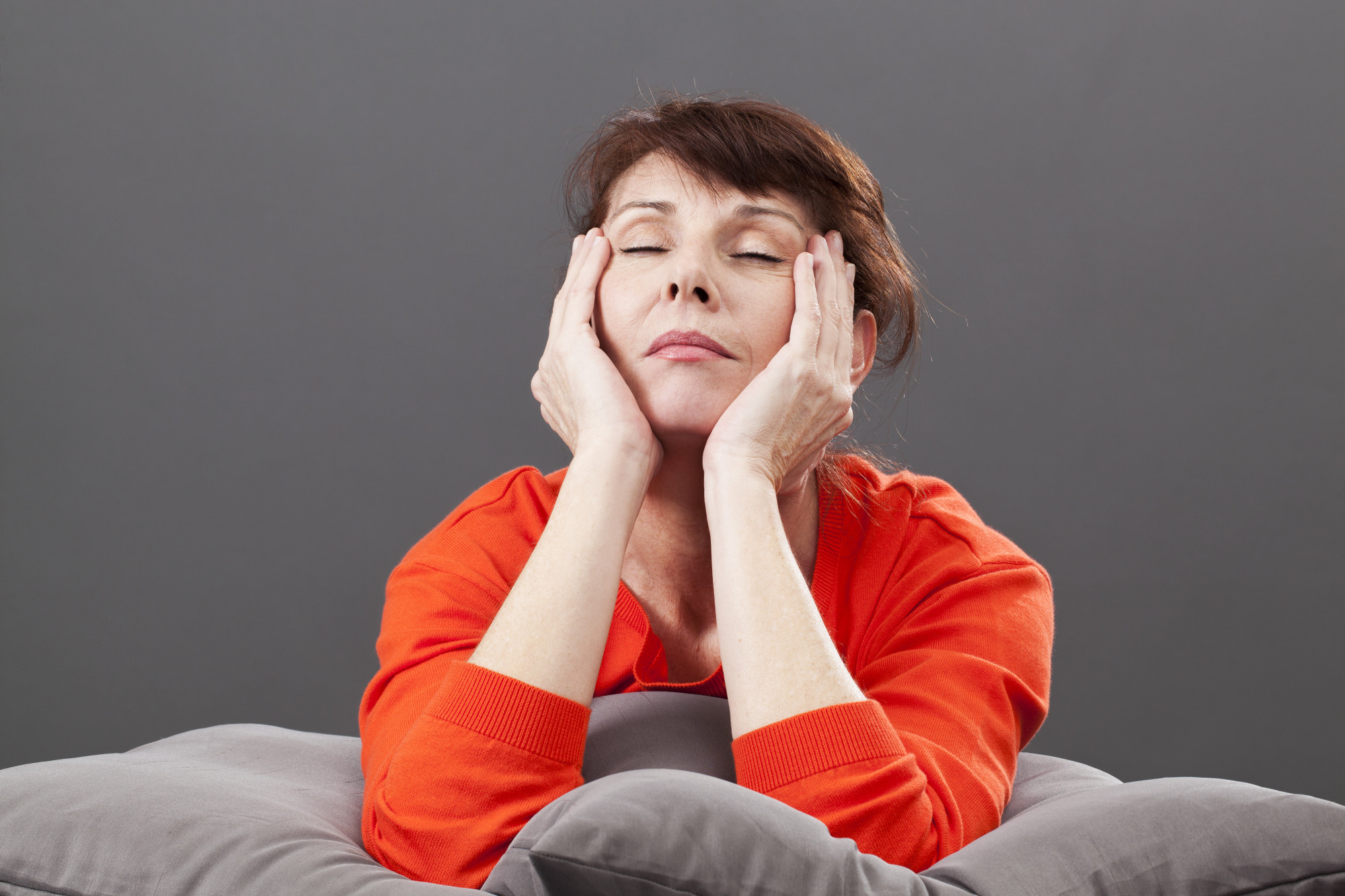In one study, 41% of patients reported experiencing night sweats sometime during the previous month. Excessive sweating while sleeping is more common than you think. While common, waking up sweating could indicate a more serious health concern.
Unsure when to be concerned about night sweats? Keep reading to discover the causes of night sweats and when to see a doctor.
Determine if your night sweats are a symptom of an underlying condition with this helpful guide.
Common and Serious Causes
How many blankets you sleep with and how warm your bedroom is could both cause night sweats. However, if you wake up sweating and notice your pajamas and sheets are wet, you might want to speak to a doctor.
Here are a few common causes of night sweats to consider.
Medications
Many medications list night sweats as one of their side effects. These medications often include antidepressants, steroids, pain relief medications, and medications for diabetes.
Hormones
Many different hormone disorders can cause sweating and night, including:
- Low testosterone
- Carcinoid syndrome
- Hyperthyroidism
- Menopause
In fact, over 80% of women experience hot flashes during menopause. You can learn more about menopausal night sweats to determine if menopause is the cause.
If hormonal issues are causing your night sweats, you might also experience headaches, weight changes, or energy fluctuations.
Stress and Anxiety
Stress and anxiety are both normal. While both are mental health concerns, they also cause a number of physical symptoms, including sweating.
If stress and anxiety are causing your night sweats, you’ll likely experience:
- Mood swings
- Difficulty concentrating
- Unexplained aches and pains
- Weakness
- Feelings of dread
- Sleep issues
- Digestive issues
It can help to determine what’s causing your stress and anxiety to ease your night sweats.
Infections
Serious infections are sometimes accompanied by night sweats as well. You’ll experience a lack of appetite, weakness, weight loss, and fever. If these symptoms last for more than a few days, call your doctor right away.
Sleep Apnea
If you stop breathing while sleeping, you likely have sleep apnea. This condition is often accompanied by night sweats, exhaustion, and headaches. You might have difficulty focusing, too.
If you think you have sleep apnea, speak with a doctor right away. Sleep apnea can cause severe complications if left untreated.
Cancer
Night sweats are sometimes a symptom of cancer. You might also experience chills, fever, or unintentional weight loss. Body weakness and pain in the chest, bones, and stomach are common, too.
When to See a Doctor
Still unsure when to be concerned about night sweats? You should see a doctor right away if you believe you have an infection, sleep apnea, or cancer.
You should also see a doctor if you experience:
- Chronic or bloody coughing
- Diarrhea or stomach pain
- A very high fever
- Localized pain
Your doctor can help the underlying condition that’s causing your night sweats.
Don’t Sweat It Out: When to Be Concerned About Night Sweats
Try not to stress. Instead, know when to be concerned about night sweats to get the help you need. Remember, night sweats can indicate a serious concern.
Don’t delay speaking with a doctor.
Visit the Health and Fitness section for more helpful tips.
